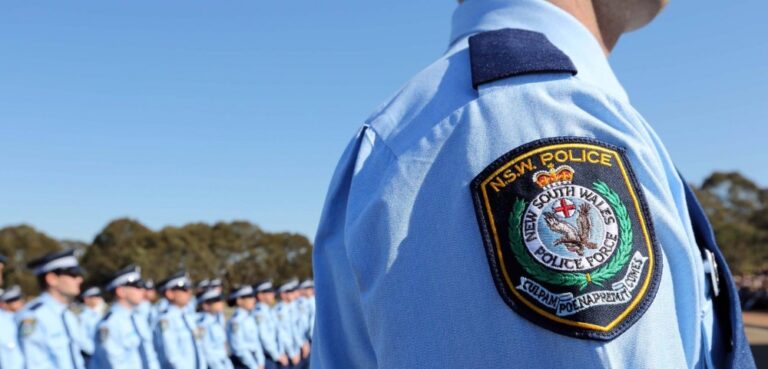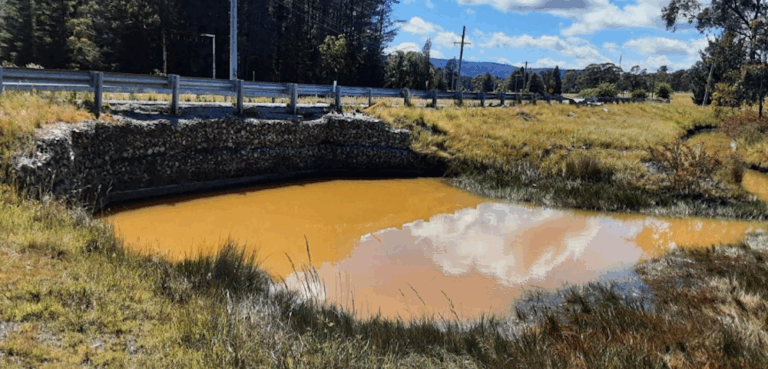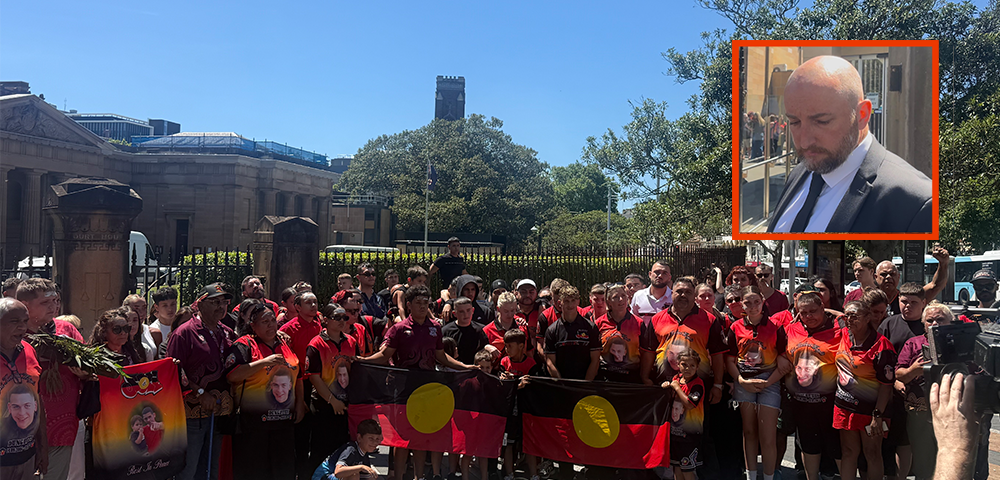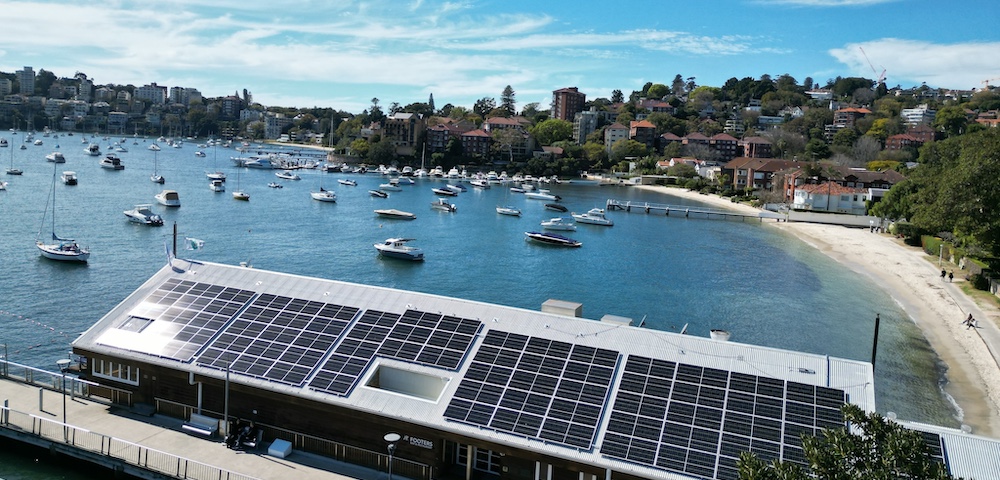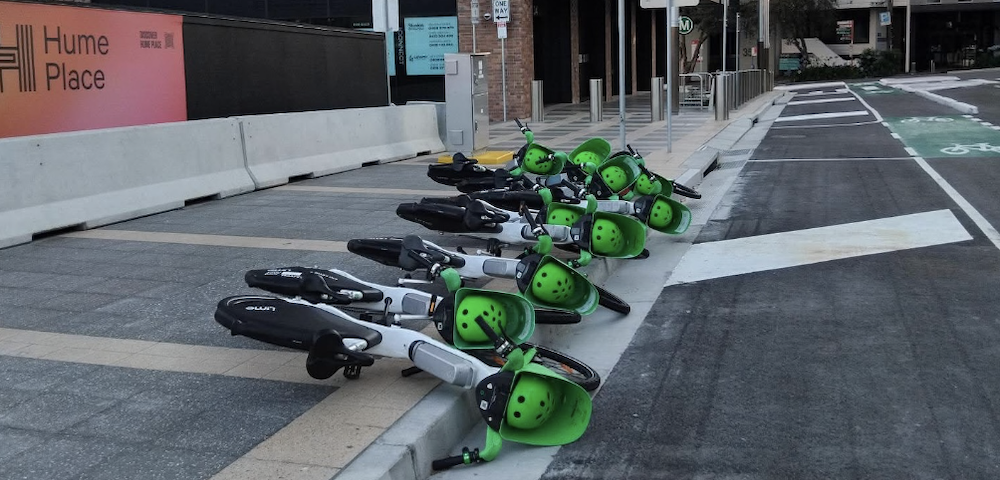
No Jewels in this Crown

By John Moyle
The government of Glad the Impaler has just enacted by stealth the most restrictive laws ever passed in NSW that prohibit the right of assembly on Crown land while dramatically increasing fines for those prosecuted.
On July 1 the NSW Government passed into law the Crown land Management Regulation that was publicly paraded as a clean up of the 2006 Crown land Management By-Laws.
That sounds innocuous enough as the new law has been touted by the Berijiklean government as tightening controls on waste dumpers, polluters and water thieves; that is until a closer look reveals that the new laws can also be used as a stalking horse for some of the most stringent anti assembly measures since the time of Queensland’s Bielke Peterson government.
“Last month we moved to disallow a regulation that gives police the power to prohibit any protest or demonstration on public land,” David Shoebridge said.
“There is no doubt that these powers will be abused and will shut down protest.”
The new laws affect the right to assemble on all Crown land in NSW, and taking into consideration that Crown Land covers 42 per cent of the state and includes parks, reserves, roads and cemeteries.
That is a whole lot of land where citizens will not be able to lawfully protest without a permit from the Department of Lands and Water.
“Any person or persons wishing to hold a large public gathering on Crown land should approach the Department of Industry, Lands and Water for information on the appropriate license,” a spokesperson for the Minister for Lands and Forestry, Hon. Paul Toole said.
“As long as all appropriate authorisations have been acquired gatherings are and will continue to be permissible on Crown land.
“The suggestion that a license from the Department of Lands may be required for large public assemblies is novel and is not mentioned in the policy document,” Michael Brul, lawyer, NSW Council for Civil Liberties said.
The Minister now has the power to appoint staff of the Department as Crown Land managers or employees of other government agencies as Authorised Agents.
These agents can also include local council employees who can call for the help of the NSW Police where needed to ensure compliance.
“One has never needed a permit for a political gathering, the process has always been that you give seven days notice of the gathering to the police and unless they get an order from the Supreme Court to cease, then people who participate in the gathering are exempt from prosecution for causing obstruction,” Stephen Blanks, president, NSW Council for Civil Liberties said.
“Ostensibly a ranger in Hyde Park could force an arrest and that is a concern.”
The new laws would also be effective against protests such as the recent Martin Place sit-in by the homeless.
The Regulations go as far as suggest that events such as roller skating and sitting on a table may be found to be objectionable.
Despite the denials from Lands and Forestry that “neither the Act nor the Regulations contain any reference to ‘roller skating’ or ‘sitting on a table’ Michael Brul found that the activities are mentioned for the purposes in sections 9.4 and 9.5 of the Act.
“Considering climbing a table or riding on or using roller skates are specifically prescribed either the spokesperson is being dishonest or there are some extremely fine distinctions here that elude me,” Michael Brul said.
There seems that the drafting of the new Act and Regulations may not only contain conflicts within the draft itself but also be inconsistent with other existing laws.
“Crown land management is presumably within the Department of Industry’s area of responsibility, but the Summary Offences Act is under the Attorney General, so there is a conflict in this, and I think that the Attorney General needs to sort this out,” Stephen Blanks said.
Many opponents of the new Regulations have cited that it appears to be aimed at protest movements such as Lock the Gate, who have been successful in halting many coal seam gas explorations by using tractors and chains against miners.
Newcastle based activist Paul Robert Burton does not see the new laws as being effective for farmers and their allies, even with penalties being increased from $200 to a possible $11,000.
“The actions of the people will continue with the only difference being that the penalties will be more severe,” Paul Robert Burton said.
Mr Burton has a novel approach to circumvent assembly laws by holding gatherings under the auspices of a religious or spiritual meeting.
“I bring people together and we do not protest, we pray for the mining to stop,” Paul Robert Burton said.
The new and tougher laws may also have another purpose and that is to ease the way for the Government to clear or sell off almost one third of the state on which 4,300 grazing leases are held across 32 million hectares of publicly owned land in western NSW.
David Shoebridge is planning a rally to defend the right to protest outside the NSW Parliament at 8.30am on the 15th of August.
